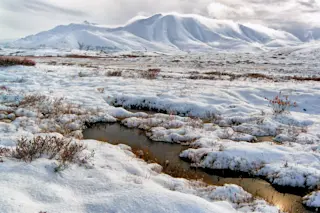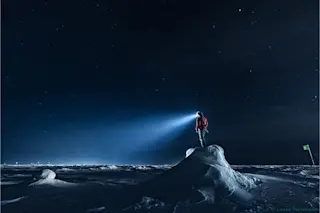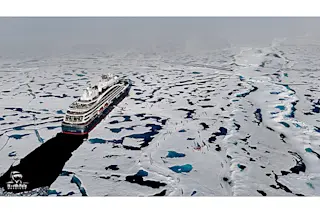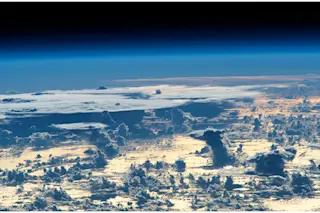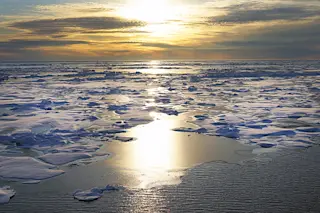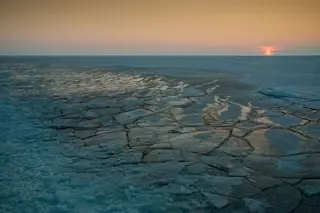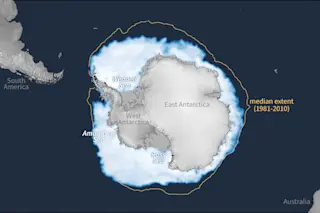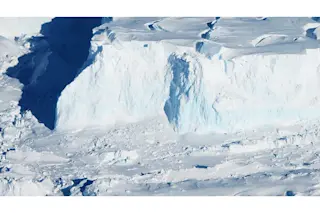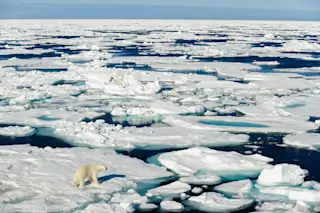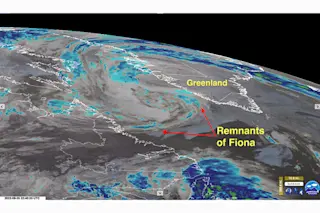Much of the West Antarctic Ice Sheet, unlike all the other big ice sheets in the world, lies on top of land that is below sea level, filling a large valley in Antarctica. And that makes it extraordinarily vulnerable to global warming, says Reed Scherer, a geologist at Uppsala University in Sweden. A warmer ocean would melt the vast floating islands of ice at the margins of the ice sheet, which might set in motion an inexorable rise in global sea levels.
If floating ice along the continental ice sheet's edges were to melt, says Scherer, rivers of ice flowing from Antarctica's interior would have unchecked access to the sea, increasing the amount of water entering the ocean. If the ice sheet were to melt completely--a process that could take as little as 500 years according to some models--global sea levels could rise by as much as 20 feet, inundating ...




